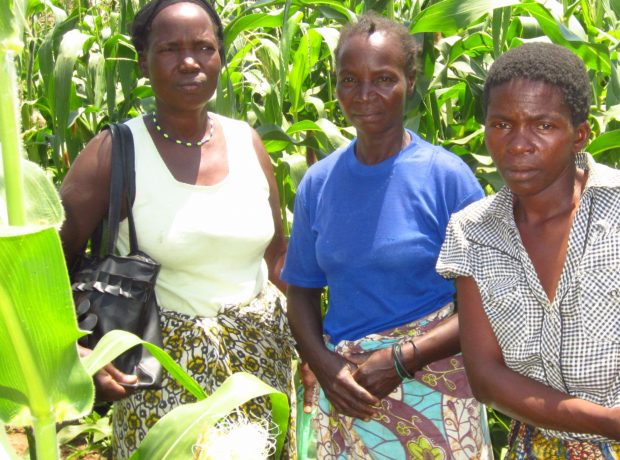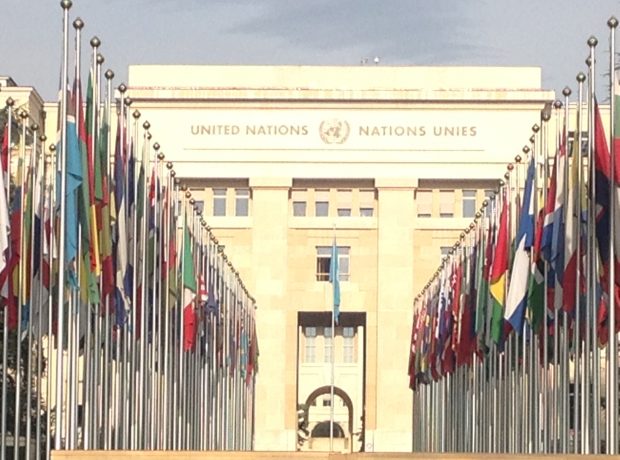This month, the world’s global business elite are gathering in Davos for their annual get-together, perhaps facing more disapproval than ever before. Everyone from Oxfam to the Financial Times is critical of the failure of business elites “to share the gains of globalisation with its losers.” The case that the system is not working is made most powerfully by Oxfam’s eye-catching headline that the world’s eight richest people have the same wealth as the poorest 50% of the global population.
For many of the poorest, the work they can get does not respect their human rights. For instance, more than 20 million people are victims of modern forms of slavery. More than 160 million children are working at ages where they should not be working, half of them in hazardous conditions. And many hundreds of millions of people, working in global supply chains, are being paid significantly less than a living wage.
Lacuna therefore starts the New Year by looking at various efforts to humanise global business activity, to make it more respectful of human rights. Throughout this edition, we find inspiring individuals and organisations working hard to make change happen. But we also discover the massive challenges to making that change more widespread.
In our lead article, Kendyl Salcito talks about her work as a pioneer in the field of human rights and business. She has researched the human rights impacts of business operations in 12 countries on 4 continents. She tells us about some of her adventures from gold mines in Indonesia to oil fields in Uganda. She gives us an insight into what it means to properly examine the human rights impacts of corporate activity, and the challenges in seeking to change company behaviour.
“human rights due diligence has been so weakly defined that companies are using the term to mean whatever they want it to, diluting its value”.
It is alarming to hear Kendyl voice concerns that her work is the exception rather than the rule in the ‘human rights and business’ world. Kendyl fears that the United Nation’s flagship human rights initiative, the UN Guiding Principles on Business and Human Rights, is not helping here. She argues that “human rights due diligence [which the UN prescribes], has been so weakly defined that companies are using the term to mean whatever they want it to, diluting its value”. Kendyl’s fears chime with my own. In November, I attended the UN Forum on Business and Human Rights. In my article about the Forum, “Human Rights and Business: Is the United Nations Helping?, I write about how I found inspiration in the work of dedicated individuals, like Kendyl, fighting bravely and creatively for change, but left the Forum concerned about the role being played by the United Nations.
Closer to home, Gurpreet Dhaliwal was the winner of the inaugural University of Warwick Writing Wrongs Schools’ Competition. In Smuggled and Exploited: Human Trafficking and Refugees, she looks at the story of Nadia and Adrian, how they were brought to the UK by their employers’ on ‘tied visas’ and how they become victims of human trafficking. She reflects on how this tale is sadly repeated all over the world for so many refugees fleeing persecution and armed conflict. She finds inspiration in charities like the Adavu Project, who are working to help the survivors of trafficking and modern slavery, but finds fault with the UK Parliament for failing to close a ‘loophole’ in the Modern Slavery Act that would have ended the practice of tied visas.
Marie Pillon also finds pockets of inspiration. This time in the efforts of public bodies who use their purchasing power to tackle corporate abuses in supply chains. From the city of Madison, in Wisconsin to local councils in Sweden there are organisations using their financial clout to make a difference to the lives of workers in industries like clothing and electronics.
But again, these pioneers are the exception and not the rule. Providing vital goods and services with ever-tightening budgets is the primary goal of most public authorities. It is a struggle to get them to take human rights concerns into account. We learn that if this is to change, human rights must be more firmly embedded within ‘public procurement’ processes. We also learn that the focus on slavery which has been provoked in the UK by the Modern Slavery Act may be distracting attention from other human rights abuses in global supply chains which corporations are not required to engage with.
Initiatives like the UN Guiding Principles and the Modern Slavery Act are often trumpeted by governments and international organisations as success stories in the battle to clean up global supply chains. The mantra is that they are taking us in the right direction, it will just take time to get to our destination. But is there sufficient critical engagement with their deficiencies and limitations? Should we also be paying more attention to the actions of inspirational individuals who are making change happen, and ensure that we build successfully on their efforts?
Banner photo by John Mcsporran



